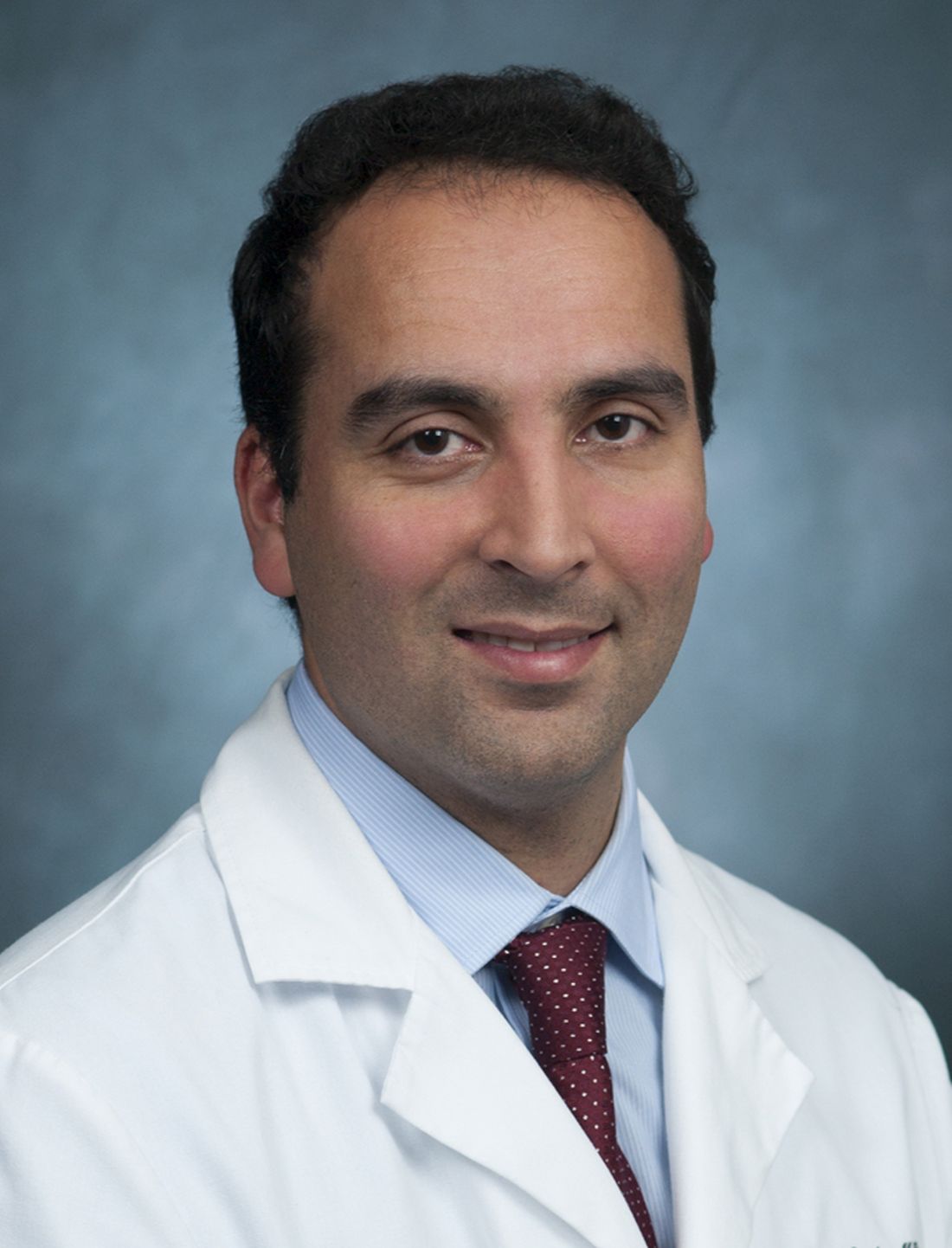User login
Background: After a first episode of CDI, almost 20% of patients will have a recurrence. Recurrent CDI (rCDI) is more likely to be associated with life-threatening complications including toxic megacolon, perforation, bloodstream infections, and death. Most BSIs are caused by intestinal microbes. Some evidence suggests that vancomycin therapy creates conditions that favor intestinal colonization by health care–associated pathogens. FMT aims to restore the normal composition of gut microbiota, is superior to vancomycin, and might decrease the incidence of BSI and related complications including death.
Study design: Prospective cohort study.
Setting: Fondazione Policlinico Universitario Agostino Gemelli in Rome.
Synopsis: In this study, 290 patients with rCDIs were randomized to FMT (109 patients) or antibiotic therapy (181 patients). Only patients with their first rCDIs were included. The primary outcome was the development of primary BSI after treatment of rCDI and within a 90-day follow-up period. Secondary outcomes were length of hospitalization and overall survival at 90 days.
Five patients in the FMT group and 40 in the antibiotic group (16% of total patients) developed BSIs during the 90-day follow-up. Because of baseline characteristic differences in the patients treated with FMT versus antibiotics, comparative analyses were limited to the matched cohort. Risk for BSIs was 23% lower in the FMT group (95% confidence interval, 10%-35%); the FMT group also had 14 fewer days of hospitalization (95% CI, 9-20 fewer days) and a 32% increase in overall survival (95% CI, 16%-47%), compared with the antibiotic group. Limitations of the study include its observational nature, single-center design, and differences in several baseline characteristics between the groups remaining after the match.
Bottom line: Patients with rCDI who received FMT were less likely to develop primary BSIs and related complications, including hospital length of stay and death when compared with patients who received antibiotics.
Citation: Ianiro G et al. Incidence of bloodstream infections, length of hospital stay, and survival in patients with recurrent Clostridioides difficile infection treated with fecal microbiota transplantation or antibiotics: A prospective cohort study. Ann Intern Med. 2019, Nov 5;171:695-702.
Dr. Santa is assistant professor in the division of hospital medicine, Loyola University Medical Center, Maywood, Ill.
Background: After a first episode of CDI, almost 20% of patients will have a recurrence. Recurrent CDI (rCDI) is more likely to be associated with life-threatening complications including toxic megacolon, perforation, bloodstream infections, and death. Most BSIs are caused by intestinal microbes. Some evidence suggests that vancomycin therapy creates conditions that favor intestinal colonization by health care–associated pathogens. FMT aims to restore the normal composition of gut microbiota, is superior to vancomycin, and might decrease the incidence of BSI and related complications including death.
Study design: Prospective cohort study.
Setting: Fondazione Policlinico Universitario Agostino Gemelli in Rome.
Synopsis: In this study, 290 patients with rCDIs were randomized to FMT (109 patients) or antibiotic therapy (181 patients). Only patients with their first rCDIs were included. The primary outcome was the development of primary BSI after treatment of rCDI and within a 90-day follow-up period. Secondary outcomes were length of hospitalization and overall survival at 90 days.
Five patients in the FMT group and 40 in the antibiotic group (16% of total patients) developed BSIs during the 90-day follow-up. Because of baseline characteristic differences in the patients treated with FMT versus antibiotics, comparative analyses were limited to the matched cohort. Risk for BSIs was 23% lower in the FMT group (95% confidence interval, 10%-35%); the FMT group also had 14 fewer days of hospitalization (95% CI, 9-20 fewer days) and a 32% increase in overall survival (95% CI, 16%-47%), compared with the antibiotic group. Limitations of the study include its observational nature, single-center design, and differences in several baseline characteristics between the groups remaining after the match.
Bottom line: Patients with rCDI who received FMT were less likely to develop primary BSIs and related complications, including hospital length of stay and death when compared with patients who received antibiotics.
Citation: Ianiro G et al. Incidence of bloodstream infections, length of hospital stay, and survival in patients with recurrent Clostridioides difficile infection treated with fecal microbiota transplantation or antibiotics: A prospective cohort study. Ann Intern Med. 2019, Nov 5;171:695-702.
Dr. Santa is assistant professor in the division of hospital medicine, Loyola University Medical Center, Maywood, Ill.
Background: After a first episode of CDI, almost 20% of patients will have a recurrence. Recurrent CDI (rCDI) is more likely to be associated with life-threatening complications including toxic megacolon, perforation, bloodstream infections, and death. Most BSIs are caused by intestinal microbes. Some evidence suggests that vancomycin therapy creates conditions that favor intestinal colonization by health care–associated pathogens. FMT aims to restore the normal composition of gut microbiota, is superior to vancomycin, and might decrease the incidence of BSI and related complications including death.
Study design: Prospective cohort study.
Setting: Fondazione Policlinico Universitario Agostino Gemelli in Rome.
Synopsis: In this study, 290 patients with rCDIs were randomized to FMT (109 patients) or antibiotic therapy (181 patients). Only patients with their first rCDIs were included. The primary outcome was the development of primary BSI after treatment of rCDI and within a 90-day follow-up period. Secondary outcomes were length of hospitalization and overall survival at 90 days.
Five patients in the FMT group and 40 in the antibiotic group (16% of total patients) developed BSIs during the 90-day follow-up. Because of baseline characteristic differences in the patients treated with FMT versus antibiotics, comparative analyses were limited to the matched cohort. Risk for BSIs was 23% lower in the FMT group (95% confidence interval, 10%-35%); the FMT group also had 14 fewer days of hospitalization (95% CI, 9-20 fewer days) and a 32% increase in overall survival (95% CI, 16%-47%), compared with the antibiotic group. Limitations of the study include its observational nature, single-center design, and differences in several baseline characteristics between the groups remaining after the match.
Bottom line: Patients with rCDI who received FMT were less likely to develop primary BSIs and related complications, including hospital length of stay and death when compared with patients who received antibiotics.
Citation: Ianiro G et al. Incidence of bloodstream infections, length of hospital stay, and survival in patients with recurrent Clostridioides difficile infection treated with fecal microbiota transplantation or antibiotics: A prospective cohort study. Ann Intern Med. 2019, Nov 5;171:695-702.
Dr. Santa is assistant professor in the division of hospital medicine, Loyola University Medical Center, Maywood, Ill.

